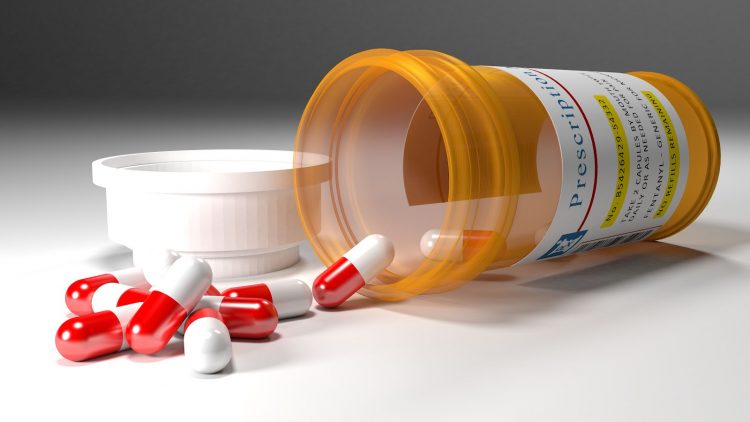Many adults today take a variety of prescription medication. Recently, research has found that many of those medications unfortunately can cause tragedy in the home for the young children that reside there.
A new study shows that young children are getting into these prescription medications and it has lead to approximately 400,000 poison center calls and 50,000 emergency department visits in the United States each year.
“It may be time to place greater emphasis on encouraging adults to keep medicines in containers with child-resistant features,” said study senior author Dr. Daniel Budnitz, from the division of healthcare quality promotion at the U.S. Centers for Disease Control and Prevention in a CDC press release.
The study indicates that in more than half of these cases, the medications were originally removed from the child-resistant containers by an adult.
“There is an opportunity here for innovative medication container options that promote adult adherence and provide portability and convenience, while maintaining child safety,” Budnitz continued in the press release.
According to research, there are four common situations in which children were able to access these prescriptions pills.
- Pills were put into pill organizers that aren’t child-resistant.
- Pills were put into baggies or other non-child-resistant small containers that adults carried with them.
- Pills were left out on countertops or on a bedside table for someone to take later.
- Pills were spilled or dropped and some were missed when they were picked up.
Exactly what prescriptions are being most accessed by children? According to the research, attention-deficit/hyperactivity disorder drugs (49%) and opioid painkillers (43%) were the most common medications that were not secured in any container. Diabetes drugs (34%) and heart medicines (31%) were the medications that were most often found to be placed in alternate containers, such as organizers or baggies.
Findings from the study also showed that prescription medications such as diabetes or heart medications, over half, belonged to grandparents. Budnitz and the CDC want to remind parents and grandparents about the importance of keeping medication out of reach of young hands and secure. Medications should be kept in the original child-resistant packaging for security, and if removed, they must be put in another child-resistant container. Make sure to securely close all containers after every use.
Unfortunately, accidents do occur, if one does, keep the Poison Control Hotline number, (800-222-1222), in sight and easily accessible.







